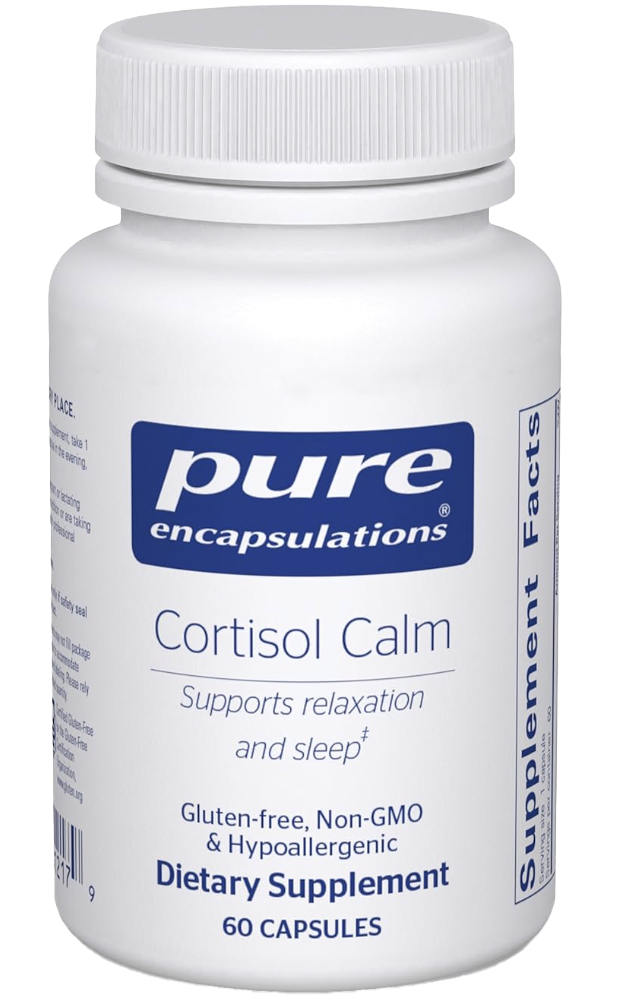Hey there! Let’s chat about cortisol—your body’s very own stress-fighter! This hormone, made by your adrenal glands, is crucial for handling stress and keeping everything in balance. It helps manage things like metabolism, immune system function, and your overall stress response.
Cortisol naturally spikes in the morning to get you up and at ’em, then drops throughout the day to help you unwind come evening.
When cortisol is doing its job right, you feel energized and healthy. But if its levels swing too high or too low over time, it can lead to some pesky health issues. Too much cortisol can contribute to weight gain, insulin resistance, high blood pressure, and even immune system problems.
Noticing symptoms that might point to a cortisol imbalance? Or have you been told you might have a condition affecting your cortisol? It’s a good idea to get tested. You can easily book a lab test or use a handy at-home sample kit.
What Does Cortisol Do?
Cortisol’s got some pretty important roles:
- Regulates Metabolism: It helps your body process proteins, carbs, and fats, and keeps your blood sugar levels steady.
- Handles Stress: Whether it’s physical or emotional stress, cortisol steps in to ramp up your heart rate, blood pressure, and energy levels.
- Regulates Inflammation: It works to reduce inflammation.
- Manages Blood Pressure: It helps control blood pressure by narrowing blood vessels.
- Supports Immune Function: It can modulate your immune system, which can be handy in some situations, though long-term suppression isn’t ideal.
Signs of Cortisol Imbalance
If cortisol is off-kilter, you might experience various symptoms. An at-home test can help pinpoint any issues. Here’s what to look for:
High Cortisol:
- Stress and anxiety
- Fatigue
- Trouble sleeping
- Weight gain, especially around the belly
- Fast heart rate
- High blood pressure
Low Cortisol:
- Feeling tired and weak
- Body aches
- Low blood pressure
- Dizziness
- Mood swings, like feeling down or irritable
Because these symptoms can overlap with other conditions, it’s important to get proper testing for an accurate diagnosis and the right treatment.
Understanding Cortisol Levels
Normal cortisol levels in the morning range from 5 to 25 micrograms per deciliter (mcg/dL), while at night, they should be between 3 and 15 mcg/dL. A healthcare professional can help you interpret your results and see if there’s an imbalance.

Health Supplements, Fitness, Gear and Wellness Products
